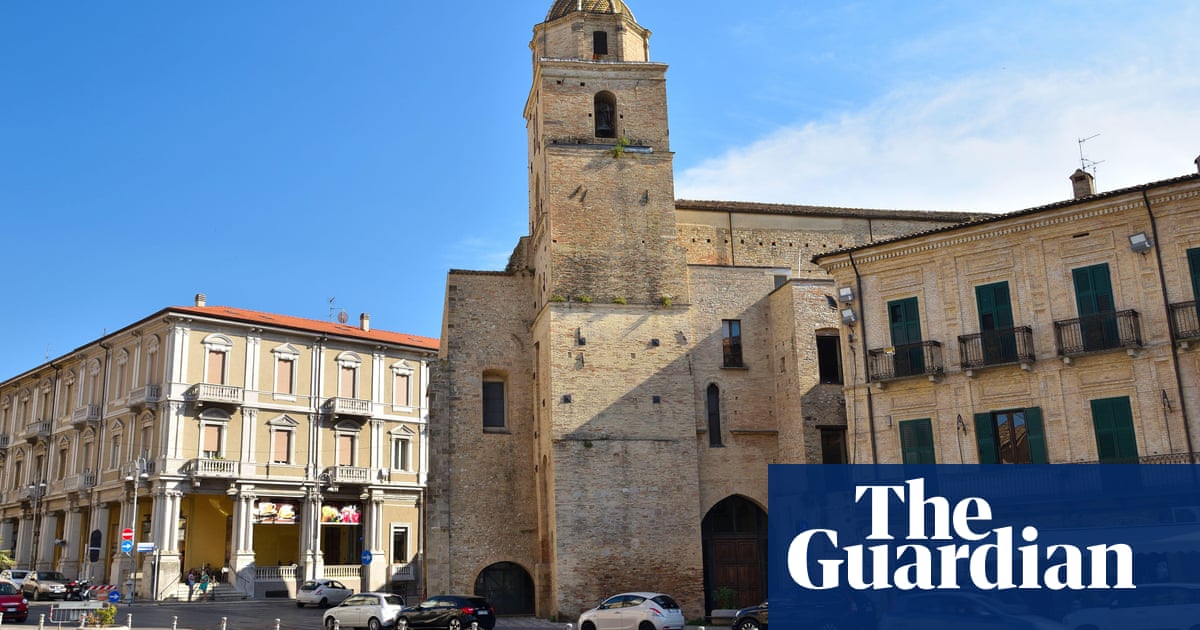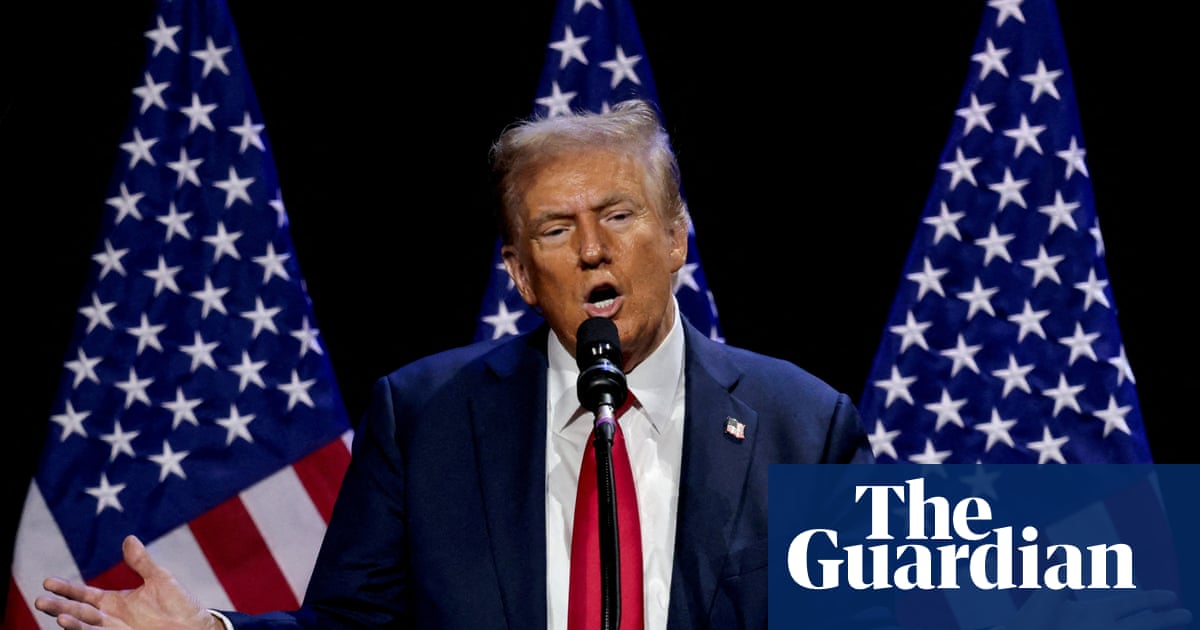Opposition parties and human rights organisations in Paraguay have condemned an “alarming” new law giving the government powers to shutter NGOs who fail to comply with onerous additional audits – and suspend their directors and staff for up to five years.
Amnesty International warned that the deeply controversial bill – signed into law by president Santiago Peña late on Friday – violated freedom of expression, and likened it to civil society crackdowns in Venezuela, Nicaragua, Hungary and Russia.
The law requires nonprofits in the landlocked South American nation to regularly document the sources and destination of their funding in a government register. Senators loyal to former president Horacio Cartes – Peña’s political patron, under US sanctions for an alleged mass bribery scheme – say it is needed to bring transparency.
But the bill has been roundly rejected by opposition politicians, UN rapporteurs and legal experts, the Committee to Protect Journalists, and international credit rating agencies. Critics warn that its vague wording and sweeping provisions could easily be used to intimidate and silence voices critical of the conservative Colorado Party, which has held power for all but five years since 1947, including under dictator Alfredo Stroessner (1954-89).
In October, Peña – a former economist with little power base of his own – watered down the original legislation, which outlined fines of nearly $400,000 and permanent bans for those falling foul of the regulations. The suspensions for NGOs will now last for up to six months. Faith groups, political parties and football clubs have been exempted.
Yet a climate of deepening hostility towards dissenting voices has stoked alarm. Cartes’s political rivals have been slapped with lawsuits. In February, the Colorado-dominated congress expelled senator Kattya González – an outspoken critic of corruption. Proponents of the bill have called out investigative journalists and non-profit staff by name on the senate floor, and their home addresses have been leaked online.
“This government has crossed the line multiple times, and represents a real danger for democracy,” said opposition senator Eduardo Nakayama. Peña’s failure to veto the law, he said, demonstrates the president’s “complete submission” to Cartes – a tobacco baron and Paraguay’s leader between 2013 and 2018 – and could dent confidence in one of Latin America’s fastest-growing economies.
The ruling party has carried out a “fierce misinformation operation” to demonise NGOs, said Jazmín Acuña, co-founder and editor of El Surtidor.
“They don’t want us to talk about how they squander public funds, or their connections with organised crime,” Acuña argued, adding that independent media like her own that expose the dire state of Paraguay’s hospitals and schools could be targeted.
“This is an unnecessary law, given that enough mechanisms already exist to control and audit non-profit organisations,” said Esteban Caballero, a Paraguayan political scientist. The country’s “extreme right”, he suggested, is seeking to remake civil society in its own image.
On Sunday, opposition groups launched a march headed for the capital, Asunción, to protest “social injustice” and the stifling of dissent. But with centre-left parties weak and divided, analysts predicted further erosion of Paraguay’s fragile democracy.
The NGO law “signals a turn towards authoritarianism”, warned Dionisio Borda, a former finance minister who was arrested several times by the Stroessner regime. “Sadly, the president has no choice but to go along with it.”

 1 month ago
38
1 month ago
38













































